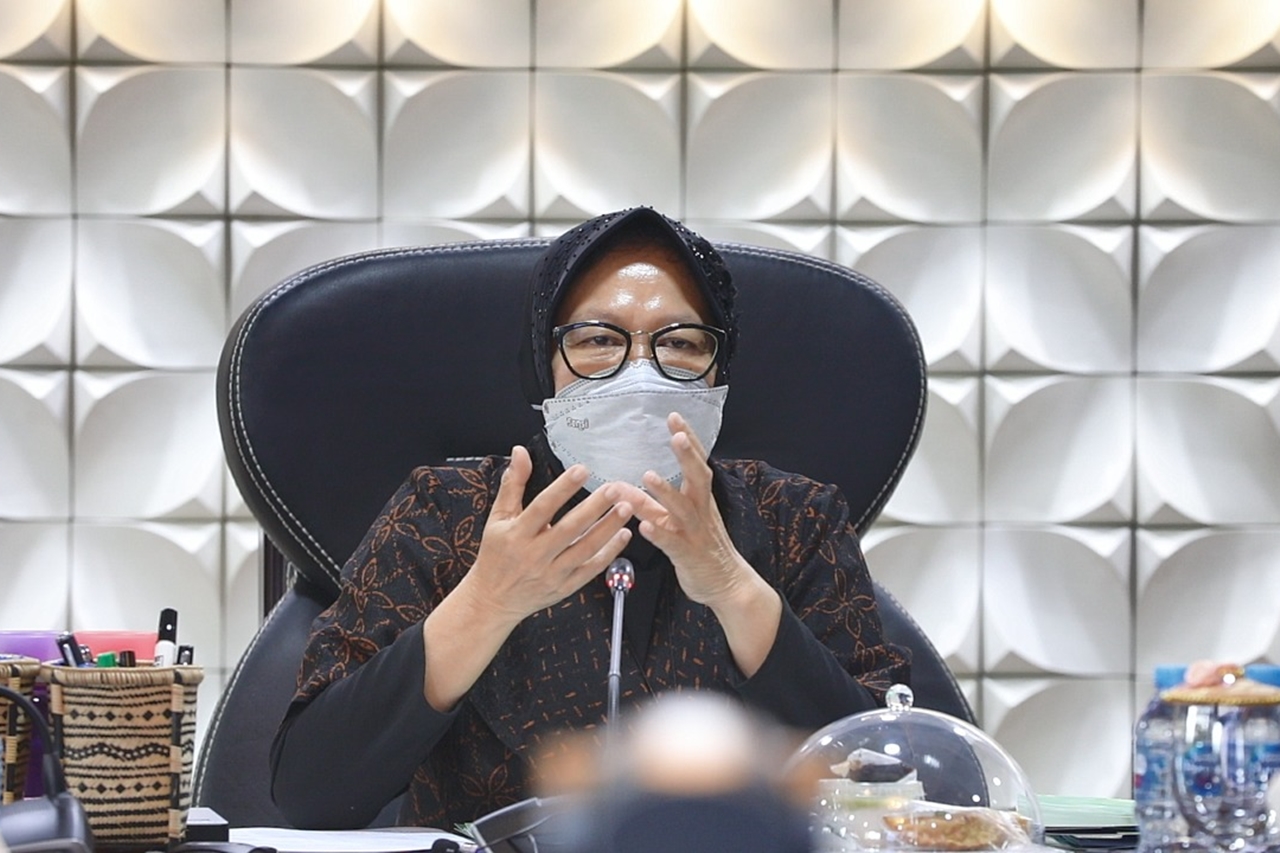JAKARTA
(March 16, 2021) - Now, the challenges in social welfare
development are getting stronger and more dynamic. Various issues have emerged
as a result of the Covid-19 pandemic, including racism, violence, hunger,
climate change, injustice, and inequality.
Minister of
Social Affairs Tri Rismaharini instructed social workers to contribute
significantly in handling various social welfare challenges as a result of the
Covid-19 pandemic. The Minister of Social Affairs invited social workers and related
parties to strengthen cooperation and strengthen solidarity.
“This crisis
has also taught us that globally, we are all connected and influence each
other, breaking through all the boundaries and 'boxes' that we have always
believed in as an identity. Let's increase cooperation and strengthen
solidarity," said the Minister of Social Affairs when giving a speech at
the online commemoration of "World Social Work Day 2021" in Jakarta
(16/03).
World Social
Work Day is celebrated every year on the third week of March. This year it
falls on March 16, 2021. This commemoration is a mandate from the International
Federation of Social Workers (IFSW) for member countries and organizations,
especially social workers around the world to voice and promote important
issues about humanity every year.
This year,
promoted by IFSW, it contained in the global agenda of social work & social
development 2020-2030, is Ubuntu: I Am Because We Are: Strengthening Social
Solidarity and Global Connectedness.
Regarding the
theme of the activity, the Minister of Social Affairs stated that Ubuntu is not
something new for the people of Indonesia. She believes that across the ocean
in Africa, as social beings, we also share the same values.
"We
have philosophical values in our culture, we know the terms "Bhinneka
Tunggal Ika", "gotong royong", "tepo seliro",
"deliberation in consensus", "united we stand, divided we
fall", "Pela Gandong" and many others. All of them
means a bond of unity that lifts brothers and sisters", "social
solidarity" and many other very diverse Indonesian philosophies of
life," she said.
But most
importantly, don't forget how the foundation of our country, Pancasila, clearly
describes the philosophy of the Indonesian nation. And we should apply every
precept in our daily life. "I am worried that the loss of understanding of
the values of Pancasila will threaten our survival as the Indonesian
nation," she said.
 Bahasa
Bahasa
 English
English


